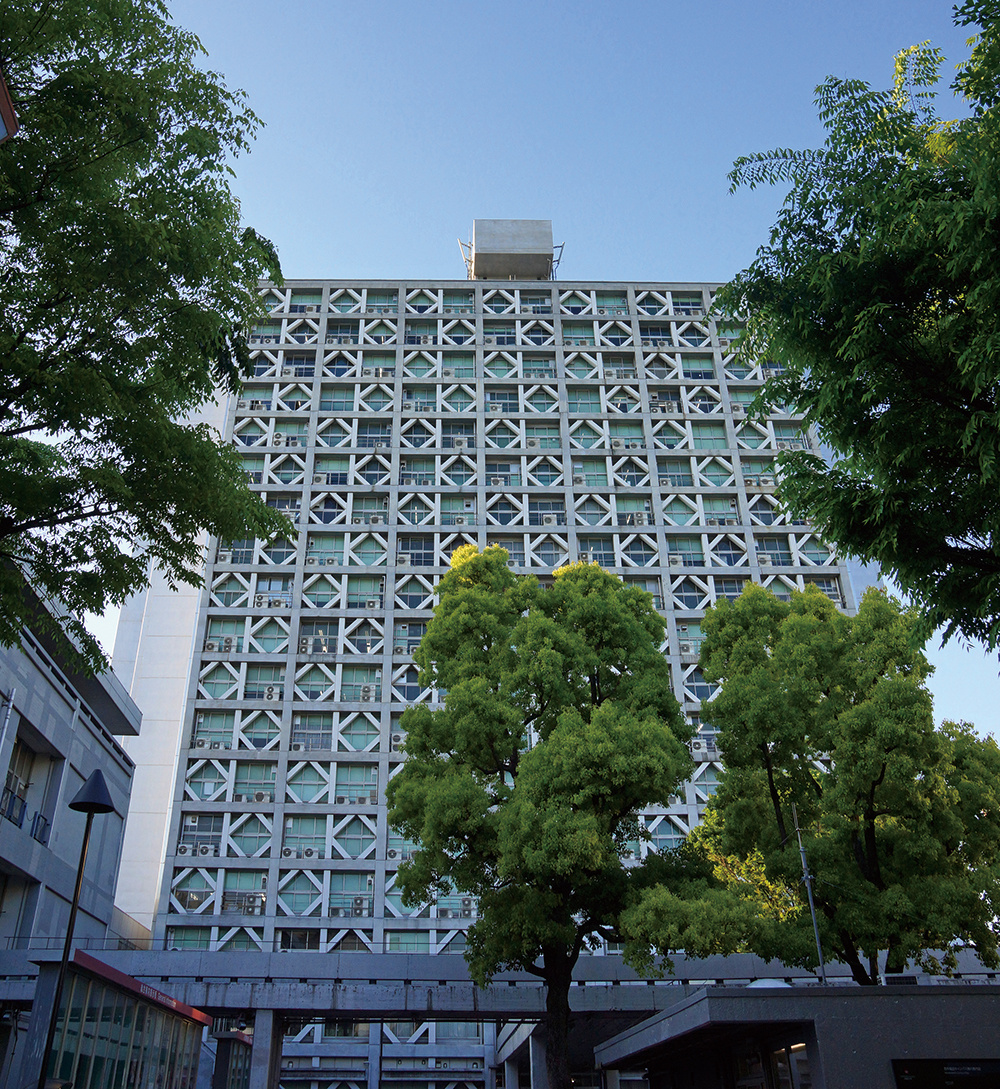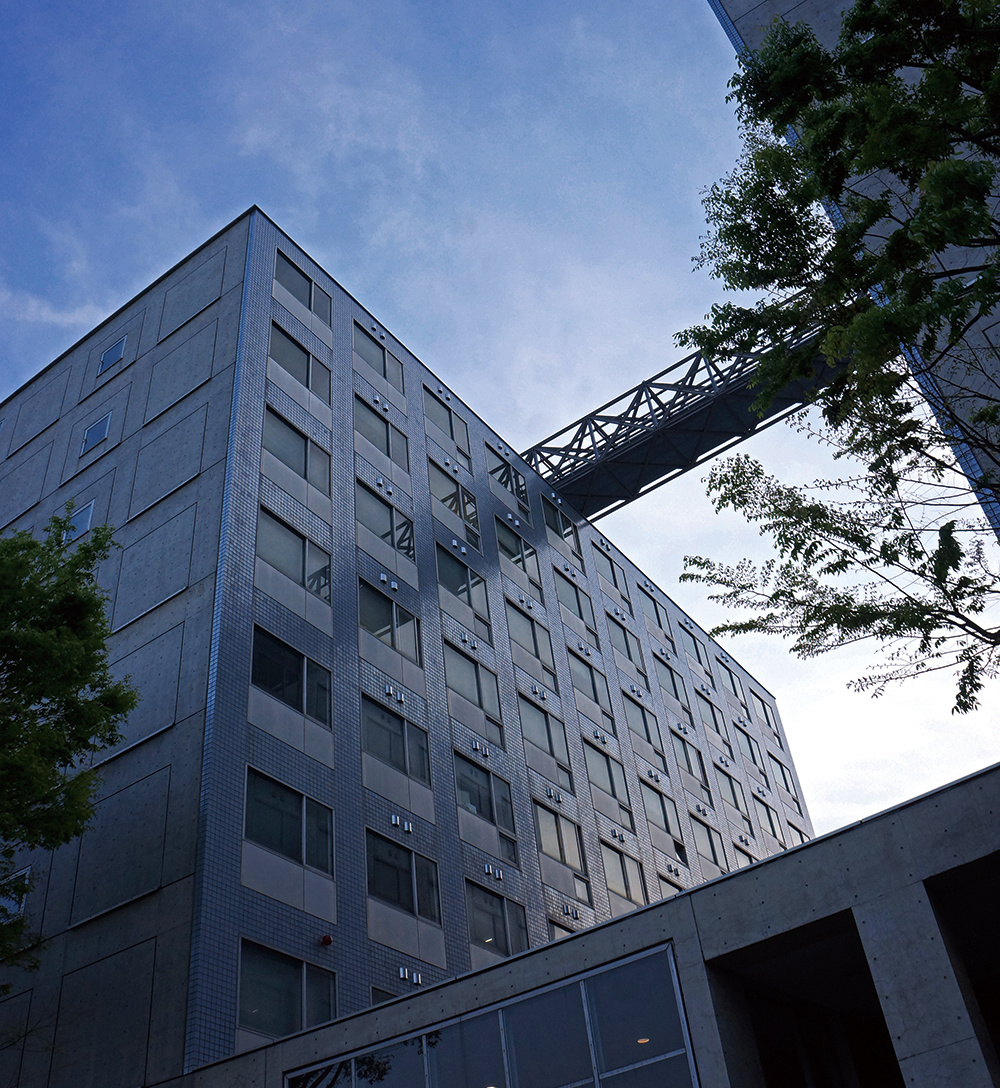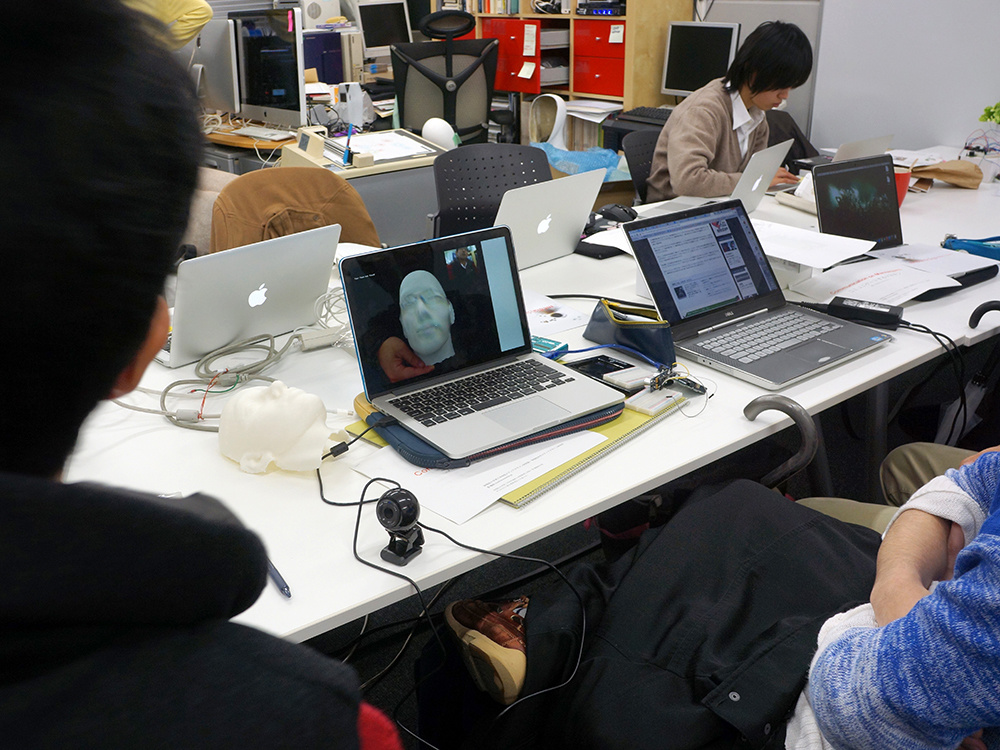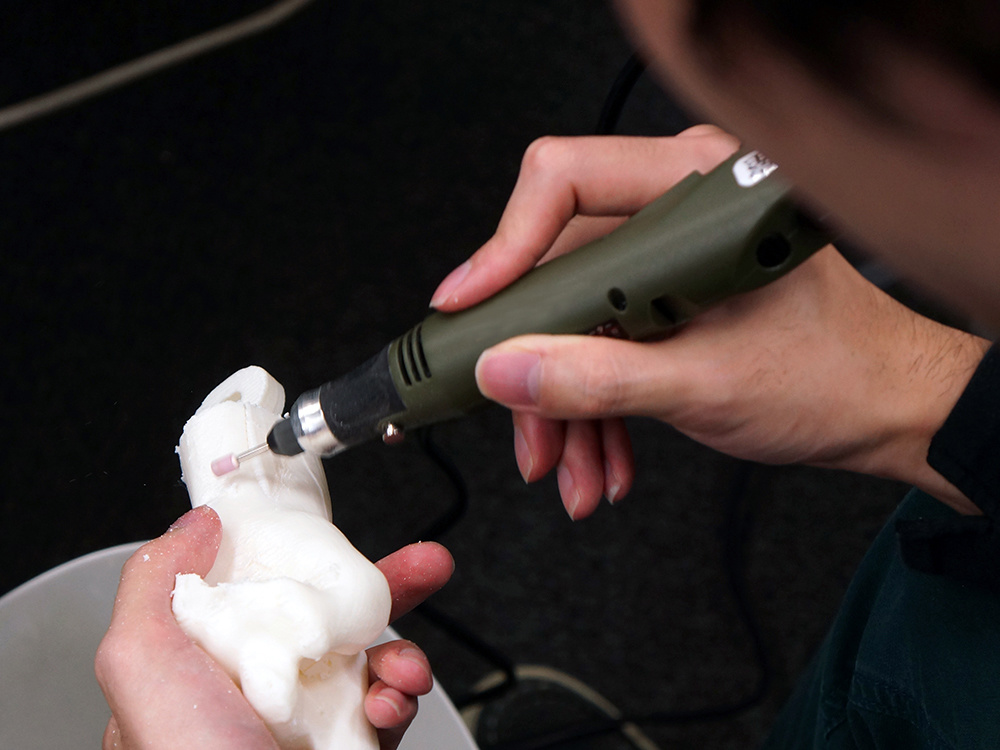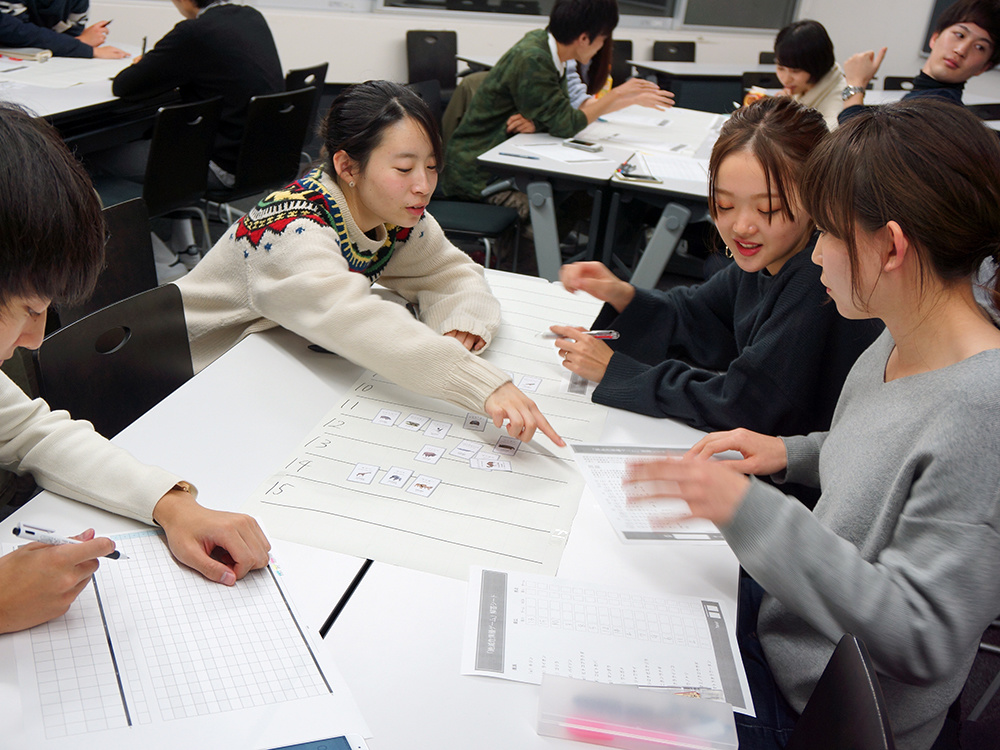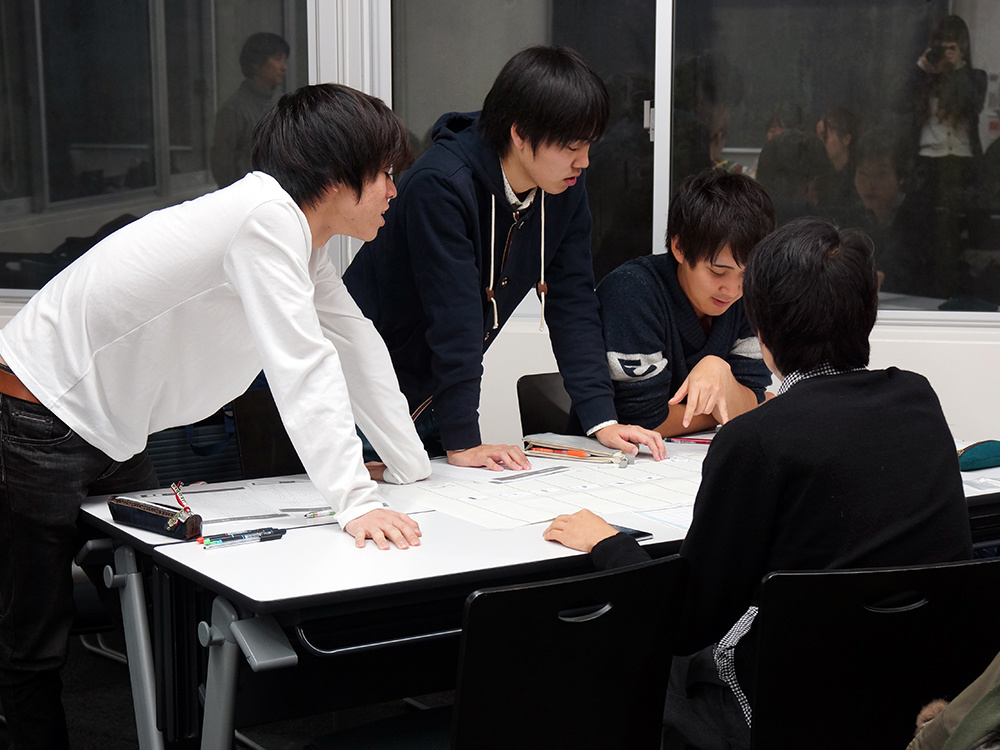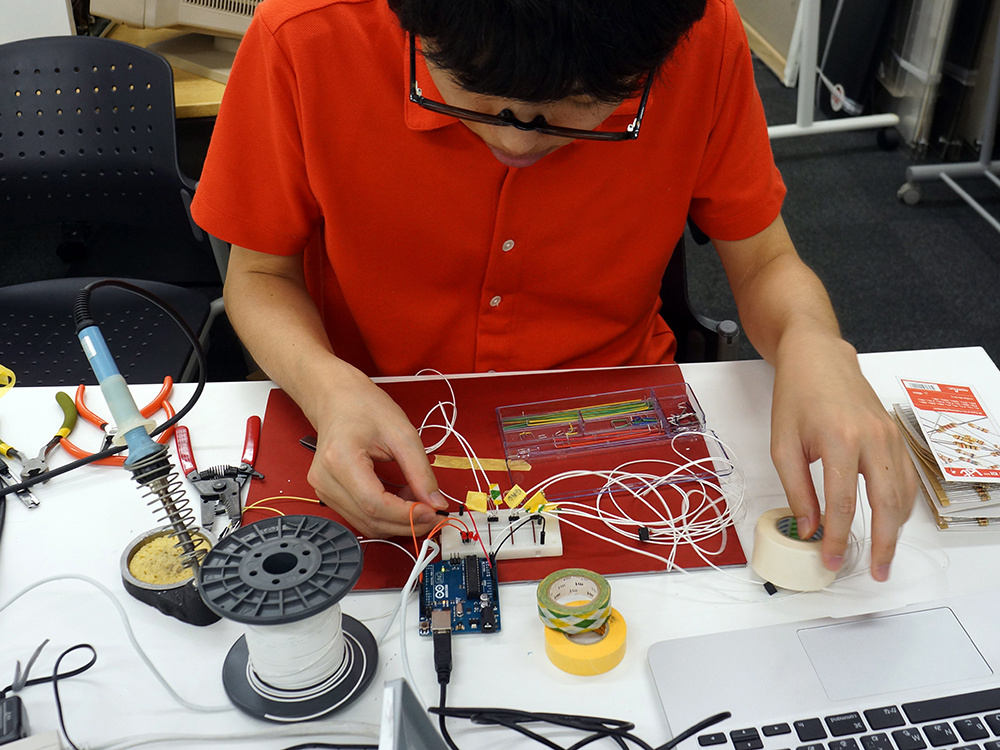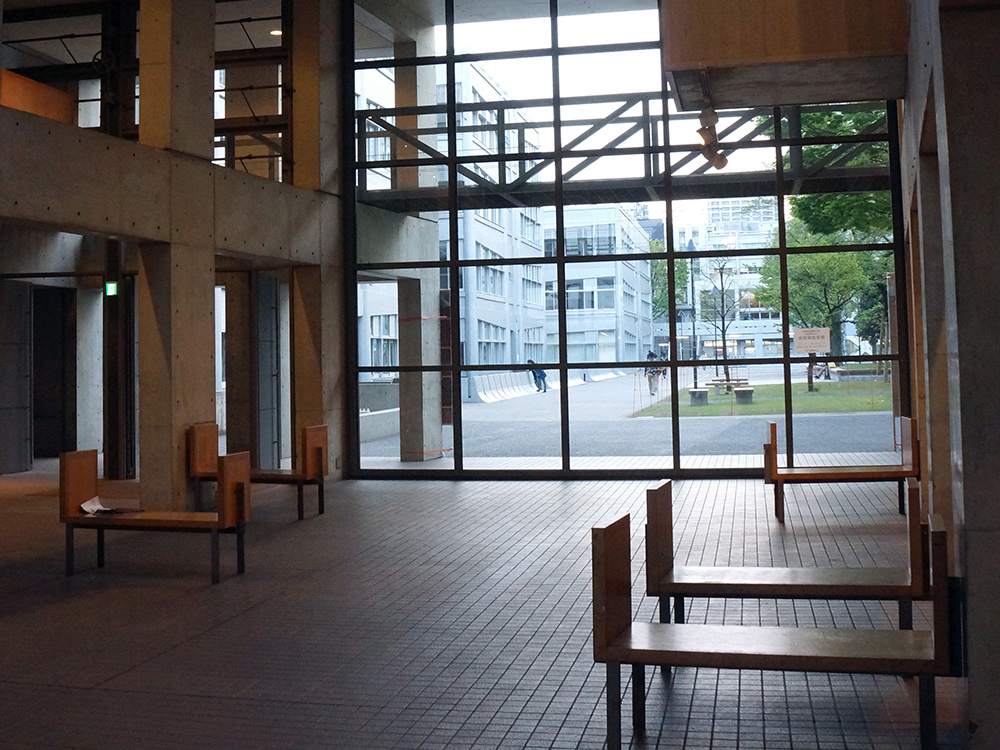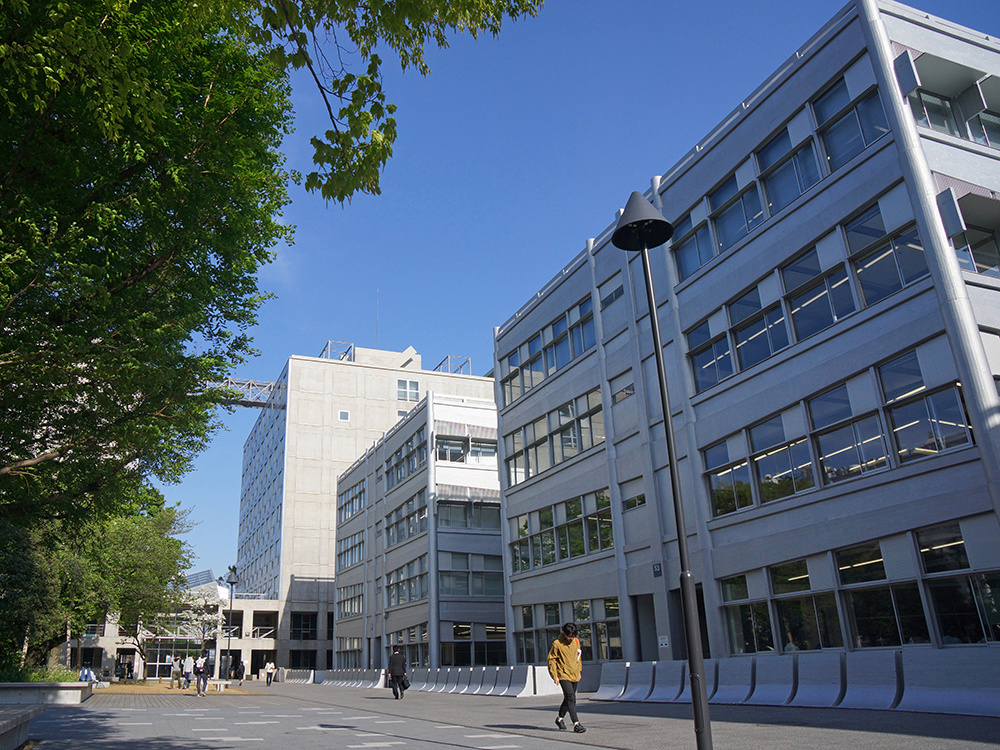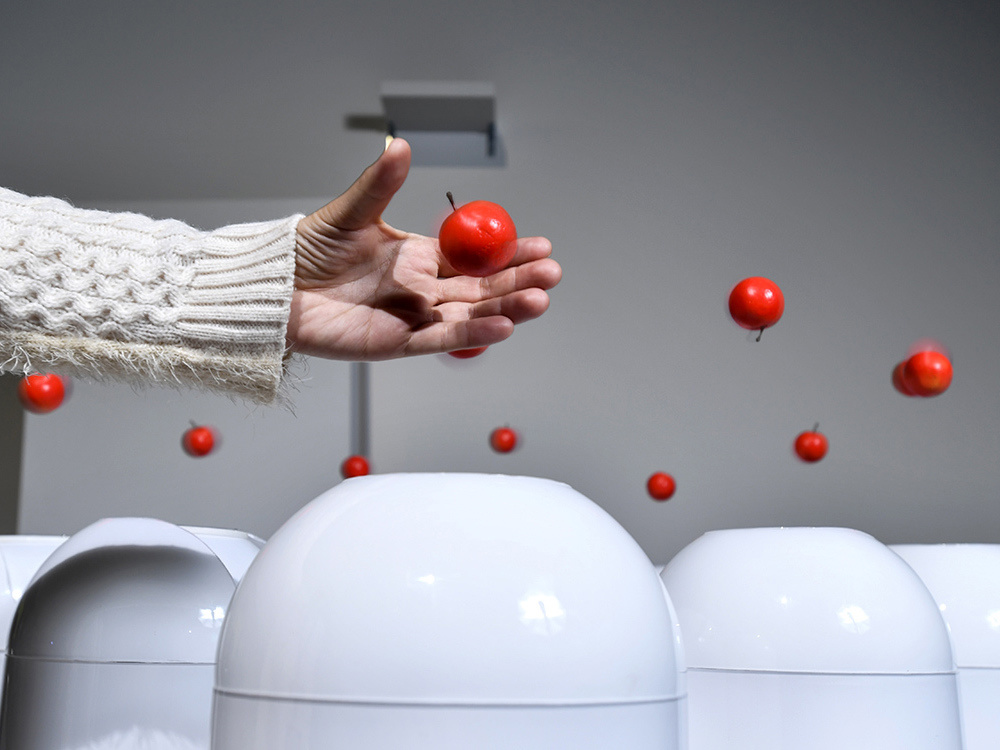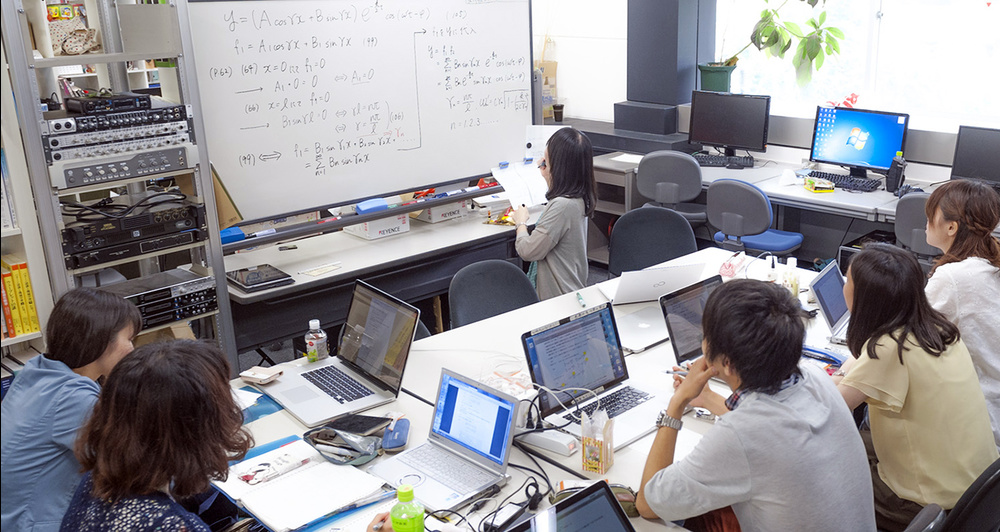Teachers
Teachers
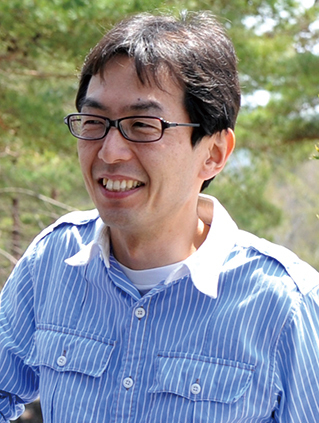
Yasuhiro Oikawa received B.E, M.E., and D.Eng. degrees in Electrical Engineering from Waseda University in 1995, 1997 and 2001, respectively. He is a professor of Department of Intermedia Art and Science, at Waseda University, and was also a visiting professor at Technical University of Denmark, Denmark in 2012. His main research interests are communication acoustics and digital signal processing in acoustic signal. He is a member of ASJ, ASA, IEICE, IEEE, IPSJ, VRSJ and AIJ.
Sound is essential for communication. It involves changes in the density of air and is transmitted as longitudinal waves in the air. Our research aims to measure acoustical communication transmissions from the sound source position to the receiving point through the transmitting space, thus creating communication aids. In particular, we study the following topics: sound field measurements using lasers and high-speed cameras, visualization of sound field using recent AR/VR techniques, communication aids by bone conduction via teeth, sound field control using high-speed 1bit signal processing, signal processing based on human phonatory and auditory features, musical instrument physics and signal processing and the description and transmission of sound fields, etc.
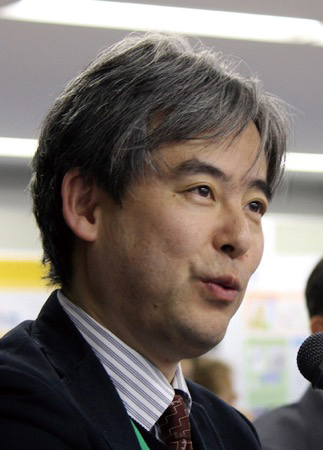
OGATA Tetsuya Professor, Doctor of Engineering
2017-Current Joint Appointed Fellow of Artificial Intelligence Research Center, AIST, Japan
2012-Current Professor, Department of Intermedia Art and Science, School of Fundamental Science and Engineering, Waseda University, Japan
2009-2015 Researcher, JST PRESTO (Information Environment and Humans)
2005-2012 Associate Professor, Department of Intelligence Science and Technology, Graduate School of Informatics, Kyoto University, Japan
2003-2005 Lecturer, Department of Intelligence Science and Technology, Graduate School of Informatics, Kyoto University, Japan
2001-2003 Research Scientist, Brain Science Institute, RIKEN, Japan
1999-2001 Research Associate, Department of Mechanical Engineering, School of Science and Engineering, Waseda University, Japan
1997-1999 Research Fellow, The Japanese Society for the Promotion of Science (JSPS)
We focus on the understanding the emergence mechanism of communication scheme "intelligence dynamics and representation" and the robotics applications for open-ended interaction with humans. Our approach is based on a neuro-dynamical perspective utilizing deep learning models. Our research targets for intelligence robots and systems include imitation learning, multi-modal integration, human-robot interaction, linguistic-behavioral integration, self and other recognition, tool-body assimilation and so on.
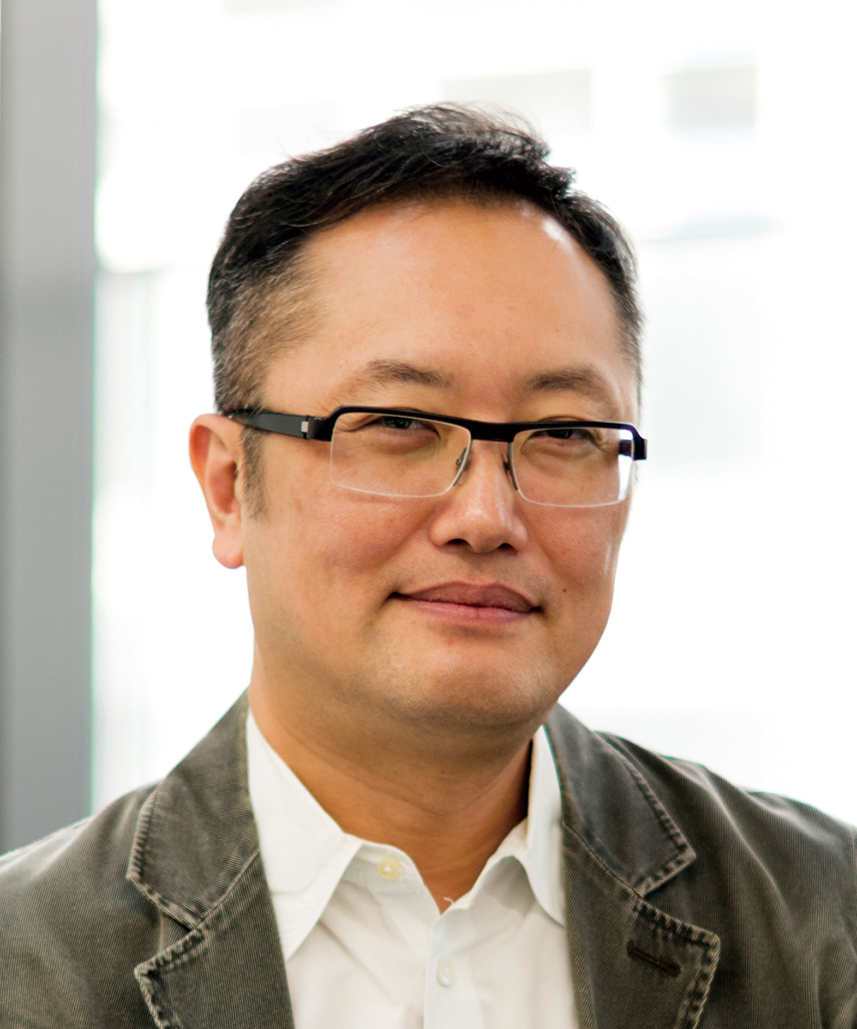
KAWAI Takashi Professor, Ph.D. in Human Sciences
1998 Ph.D. in Human Sciences from Waseda University
Research Associate, School of Human Sciences, Waseda University
2000 Assistant Professor, Global Information and Telecommunication Institute, Waseda University
2002 Associate Professor, Graduate School of Global Information and Telecommunication Studies, Waseda University
2008 Professor, Department of Intermedia Art and Science, School of Fundamental Sciences and Engineering, Waseda University
Visiting Professor, Institute of Behavioural Sciences, University of Helsinki (FY 2008 and 2016)
Certified Professional Ergonomist (CPE)
Ergonomics / human factors is the scientific discipline concerned with the understanding of interactions among humans and other elements of a system. In my laboratory, we are conducting advanced media systems expected to spread in the near future using ergonomic approaches. For example, in researches on stereoscopic images (3D), we have examined from cognitive and emotional aspects, and the results are actually utilized in 3D film productions. In researches on virtual / mixed reality systems, we are challenging to reduce discomfort such as cyber sickness and improve user experience.
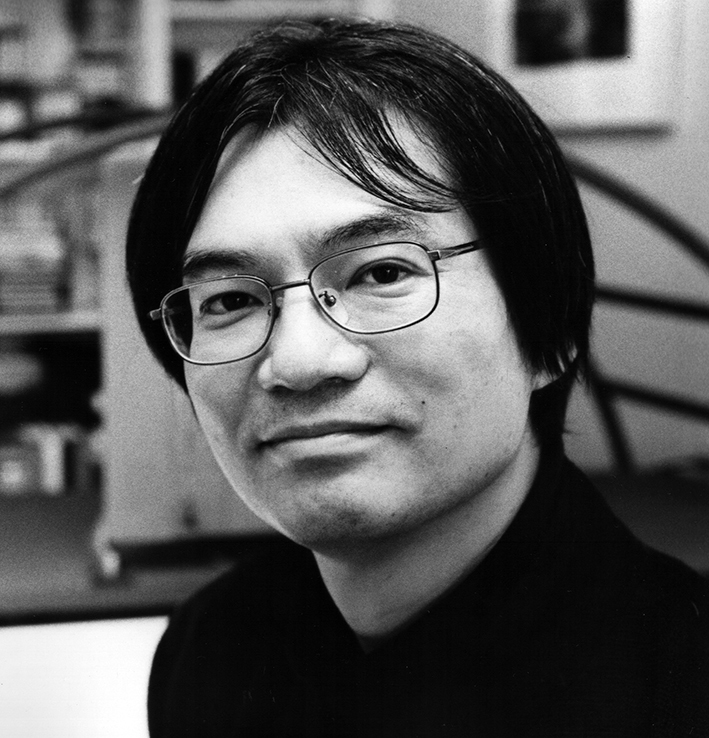
Photo ©Akira Kinoshita
KANNO Yoshihiro Professor and Composer
1980 graduated from the Tokyo University of Fine Arts and Music with the Master's Degree
1979 Prince Pierre of Monaco Musical Composition Award
1994 Recommended Work of International Music Council
2009, "Particle of Piano" series has been performed by Noriko Ogawa all over the world
2012 Award for the Tradition Creatrice by Japan Arts Foundation.
2015 “Himiko,” an epic theatrical work embracing both Western and Japanese instruments and dancers
Kanno's compositional output has been based on three idioms--Western instruments, Japanese instruments and electronic materials. In order to support the pure creative activity and to expand creative method, Kanno has been exploring technological possibilities in musical expression. His research in intermedia music encompasses all musical expressions; from art, pragmatic, and incidental music to music for every instrument, computer music, Japanese traditional music. His further ideal is to attain a point of contact between research and creativity as in developing compositional techniques, acoustic expansion of musical space, psychological influence of music, environmental approach, musicalization of natural data and music to heal auditory sense.
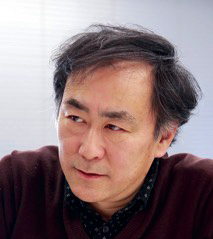
GUNJI Yukio(GUNJI Pegio Yukio) Professor, Doctor of Science
2014-Present, School of Fundamental Science and Technology, Waseda University
2012-2015, Visiting Professor, University of West England
1999-2014 Professor, Faculty of Science, Kobe University
1993-1999 Associate Professor, Faculty of Science, Kobe University
1987-1993 Assistant Professor, Faculty of Science, Kobe University
1987 Doctor of Science (Tohoku University)
1982 Faculty of Science, Tohoku University
Books: “Life Theory” (2006. Tetsugaku shobou, Tokyo), “Nature of Time” (2008. Kodan-sha, Tokyo). “Life-bot No. 1” (2010. Seido-sha, Tokyo). “Consciousness of Swarm” (2013. PHP. Pub. Co., Tokyo). “Philosophy of Living things and Raw things.” (2014. Seido-sha, Tokyo). And others.
What is "expression"? Is it to present something inside you to the outside? But is there such "something" that exists independent of the external? We think expression is a realization of myself, or human, or living entity that inevitably emerges through interactions with the external world. In this sense, embodiment, behavior, or act of living itself is such "expression", we would argue. We would also think it is difficult to explicitly describe what exactly expression is. This is because it is not possible for us to perceive or recognize the external as it is. In other words, asking "what is expression?" effectively means deciphering the interactions with the external that we (as the internal) cannot directly know. An interaction between the internal and external is essentially an encounter of two foreign things, in the sense that one can never know the other. Understanding what is expression is thus not manipulating symbols in a homogeneous data-based world, but understanding the world based on this foreignness. Our laboratory is devoted to pursue this question of "what is expression?" in diverse ways through theoretical models, animal behavior experiments, human cognitive experiments, and so on.
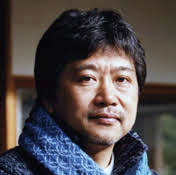
KORE-EDA Hirokazu Professor
1987 Graduated from the First Faculty of Letters, Waseda University
1987-2014 Member of TV Man Union
1995 Awarded a Golden Osella for Maborosi at the 52nd Venice International Film Festival
1991 Awarded a ATP Award for Lessons from a Calf (Fuji Television Network)
2005-2015 Visiting professor at the College of Social Sciences, Ritsumeikan University
2010-present Member of the Committee for the Investigation of Broadcasting Ethics, Broadcasting Ethics & Program Improvement Organization (BPO)
2013 Awarded the Jury Prize for Like Father, Like Son at the 66th Cannes Film Festival
2014 Formed the production company Bun-Buku, Professor, Department of Intermedia Art and Science, School of Fundamental Science and Engineering, Waseda University
Awarded the Minister of Education Award for Fine Arts (film category)
2015 Awarded the 39th Japan Academy Prize (for Best Picture, for Director, for Best Cinematography, for lighting) for Our Little Sister
Awarded the 39th Fumiko Yamaji Movie Award for Our Little Sister , Awarded the 57th Mainichi Arts Prize for Our Little Sister
In creating films, the filmmaker makes full use of their eyes and ears – as well as the camera – as tools for encountering the world in all its richness. I believe that the willingness to open oneself up to this richness is the starting point for the creative process. From this vantage point, I hope to experience amazement, struggle, and discovery in tandem with our students.
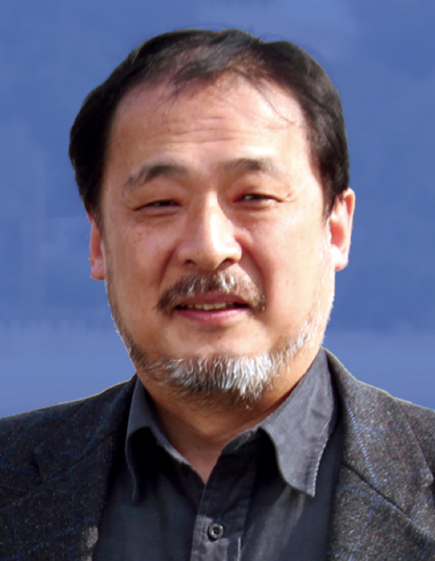
SAKAI Shigekazu Professor
In 1980, after graduating from Tokyo Institute of Technology, through TV cameraman, he started to develop CG image creation system at Totsu Company.
In 1984 - 1994, as a freelance CG image creator, he had created CG images of scientific TV program such as NHK Special "Galactic Odyssey", "Human Body II • Brain and Heart", "Nano Space" and "The Planet of Life".
In 1994, he was appointed Associate Professor at Kyushu Institute of Design and started research and education on digital image production centered on CG images.
In 2001, he was appointed Professor at Graduate School of Global Information and Telecommunication Study, Waseda University. In 2014, he has been engaged in education and research on digital video content creation on the information network system as well as CG at department of inter-mdeia Art and Science, Waseda University.
We are studying visualization with the theme of "Making the Invisible Visible".
In today‘s society, new contents and services are appearing one after another due to advances in information communication technology and diversification of expressive media. In order to build more comfortable society using such technologies or services, we are addressing various issues from both aspects of art and information technology.
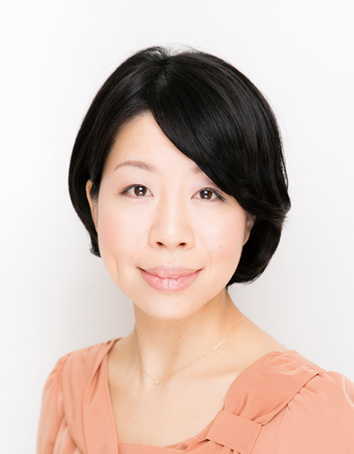
HASHIDA Tomoko Professor, Ph.D. in Interdisciplinary Information Studies
2003 BA in Musicology, Tokyo University of the Arts
2005 MA in Interdisciplinary Information Studies, The University of Tokyo
2009 Ph.D. in Interdisciplinary Information Studies, The University of Tokyo
2011 Project Researcher, The University of Tokyo
2013 Assistant Professor, Department of Intermedia Art and Science, Waseda University
2015 Associate Professor, Department of Intermedia Art and Science, Waseda University
I aim to develop novel real-world media technologies that naturally integrate diverse analogue (including natural phenomena and artifacts) and digital technologies. My current research includes expanding analogue physical tools through computation and material science, which will enable us to augment human experience, perception, and communication. I am also seeking to redesign the shape and function of natural objects through computation and develop new ways to apply them.

WATANABE Katsumi Professor, Ph.D.
1995 University of Tokyo, Department of Psychology: BA in Experimental Psychology
1997 University of Tokyo, Department of Life Sciences: MA in Cognitive Science (highest honors).
2001 California Institute of Technology, PhD in Computation and Neural Systems
2002 Research fellow, National Eye Institute, National Institutes of Health, Bethesda, USA.
2003 Research scientist, National Institute of Advanced Science and Technology (AIST), Japan.
2006 Associate Professor, Research Center for Advanced Science and Technology, University of Tokyo, Japan.
2015- Professor, Waseda University, Faculty of Science and Engineering, Japan.
Research in the laboratory aims at using cognitive science to understand various issues in our everyday life from the scientific perspective and to develop the basis of interdisciplinary collaborations. The main themes are: (1) scientific investigations on explicit and implicit processes in human perception, cognition and action, (2) interdisciplinary approaches to cognitive science, and (3) real-life applications of knowledge of cognitive science. The research methods include but not limited to experimental psychology, cognitive science, and brain science.
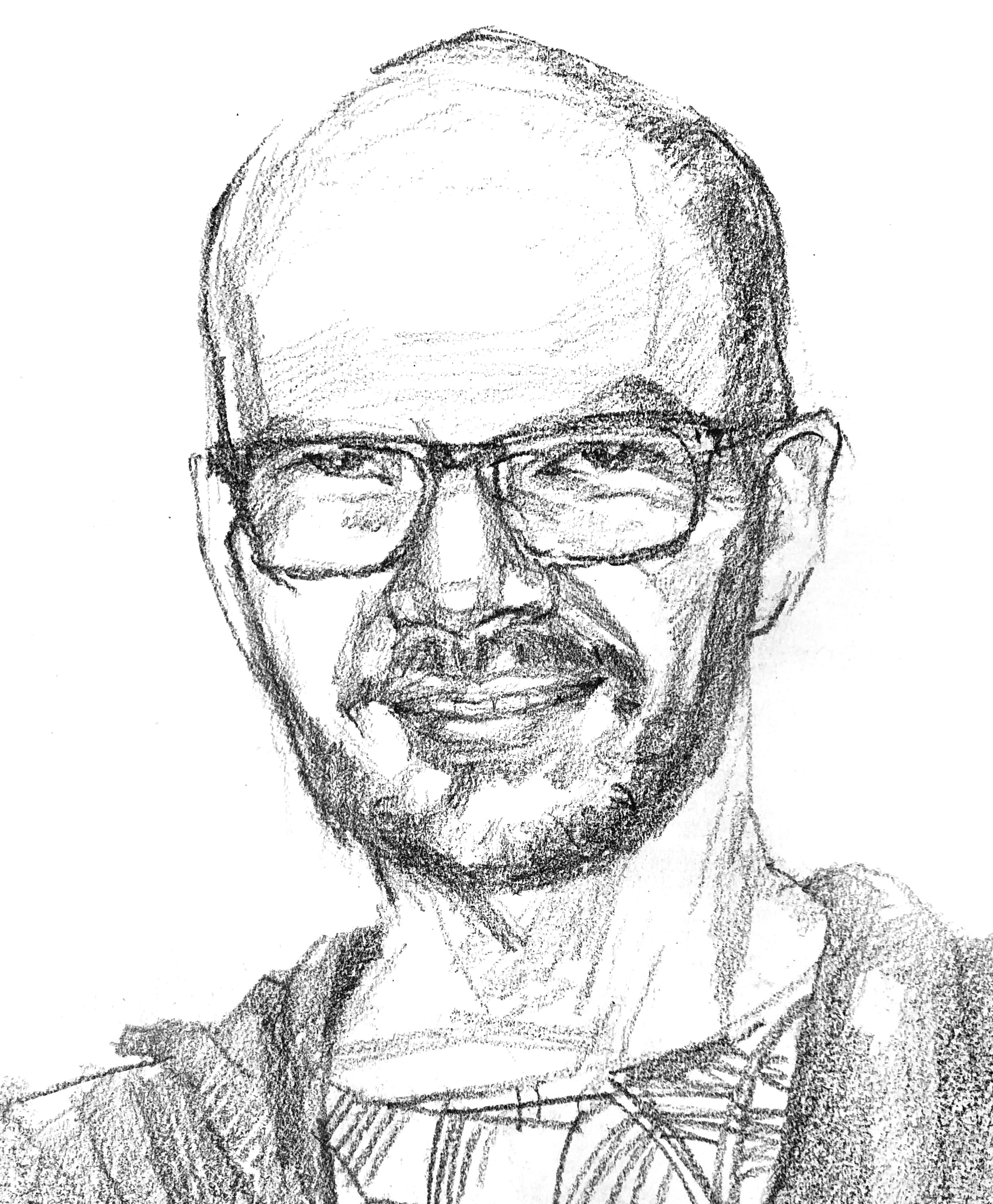
James JACK Associate Professor, Ph.D.(Fine Art)
2001 BA in Liberal Arts, Sarah Lawrence College
2003 Solo exhibition “Ink & Essence” Tamad Gallery (New York City)
2008 Crown Prince Akihito Scholarship Award
2009 Certificate in Japanese Studies, Stanford Inter-University Center
2011 MA in Japanese Art History, University of Hawai‘i at Mānoa
2013 Setouchi Triennial Exhibition
2015 PhD in Fine Art, Tokyo University of the Arts
2015 Artist-in-Residence, NTU Centre for Contemporary Art (Singapore)
2016 JSPS Postdoctoral Fellow, Social Art Lab, Kyushu University
2018 Assistant Professor, Arts and Humanities, Yale-NUS College
2022 Associate Professor, Department of Intermedia Art and Science, Waseda Unversity
James Jack is an artist who engages with living environments and communities to build positive relationships today. Research focuses on contemporary art praxis grounded in stories, sea and land as collaborators. Artistic methodologies range from ecological, collective, archipelagic and alternative approaches. Through creation, reflection and connection borders are crossed in imaginative ways to revive links with art at the center.
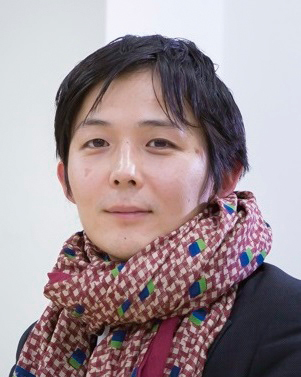
TSUCHIDA Tamaki Associate Professor
2000 Graduated from the Department of Economics, School of Political Science and Economics, Waseda University
2001 Received a Swiss government scholarship to study at the University of Lausanne
2003 Successfully completed a master's program in Interdisciplinary Cultural Studies (Culture and Representation) at the Graduate School of Arts and Sciences, University of Tokyo
2005 Received a French government scholarship to study at Université Paris 8
2006 Received an Italian government scholarship to study at Roma Tre University
2007 Successfully completed a master's program in Cinema and Audiovisual Studies at the Department of Arts, Philosophy and Aesthetics, Université Paris 8
2009 Left university after completing a doctoral program without receiving a degree in Interdisciplinary Cultural Studies (Culture and Representation) at the Graduate School of Arts and Sciences, University of Tokyo
2009 Researcher, Waseda University Theatre Museum Global COE, Part-time research fellow, Institute for Global Area Studies, Tokyo University of Foreign Studies
2010 Assistant Professor, Graduate School of Film Producing
2013 Associate Professor, Japan Institute of the Moving Image
2016 Assistant Professor, Department of Intermedia Art and Science, School of Fundamental Science and Engineering, Waseda University
It’s fair to say that a film only truly becomes a film when it is watched by an audience on a big screen for the first time. The shared experience of watching it in a cinema or a public space, rather than just continually looking at it on a monitor while sitting in a room somewhere, has the power to transform the images into something richer. In films, the acts of making, watching, and showing are inseparably intertwined; My research will be conducted to investigate the relationship between them. As well as analyzing the films themselves, we will examine critical awareness of the creative process and ethics, technologies and ideas supporting new forms of expression, and dissemination within society and the systems for this, viewing them through the prism of film history, as well as cinemas and film festivals. This will doubtless lead us to reconsider the relationship between the maker and the recipient of a work, as conventionally understood in the arts.
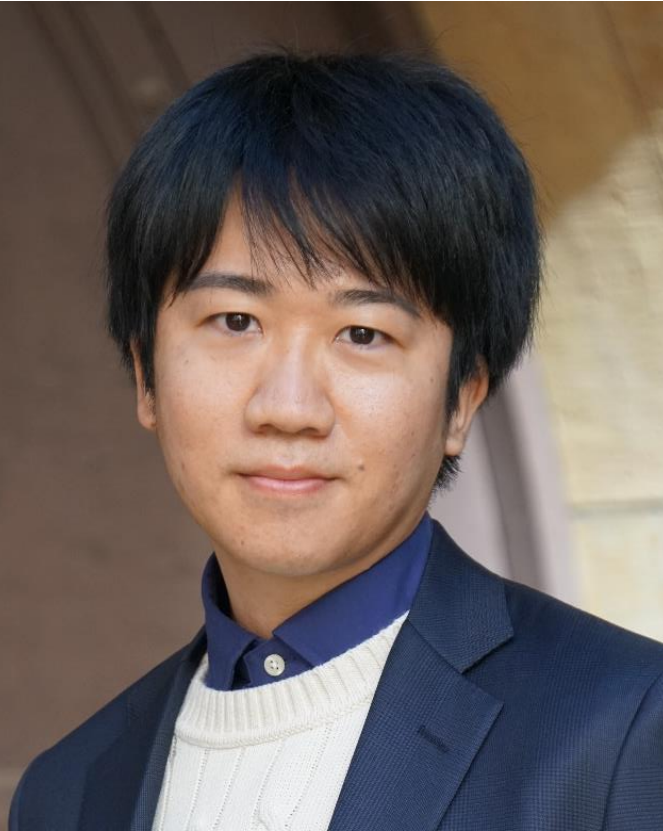
FUKUSATO Tsukasa Associate Professor, Ph.D. in Engineering
2012 B.E, Waseda University
2014 M.E, Waseda University, Creator, IPA:Exploratory IT Human Resource Project
2015 Research Fellowship for Young Scientists (DC2), JSPS
2015-2017 Internship at Adobe Research in San Jose, California, USA
2017 Ph.D in Engineering, Waseda University, Junior Researcher, Waseda Research Institute for Science and Engineering, Assistant Professor, Graduate School of Information Science and Technology, the University of Tokyo
2022 CG technical advisor, Japan Medical Company, Inc.
2023 Lecture, Department of Intermedia Art and Science, Waseda University.
To produce 3DCG (or hand-drawn) animations, it is essential for professional designers to do "manual work." However, this approach is time-consuming and tedious, and requires special but empirical skills. If such problem cannot be solved, their skills will be lost in the future. I tackle the challenge of formulating their skills and implementing various interactive systems from the aspects of computer graphics (CG) and human-computer interaction (HCI) fields.
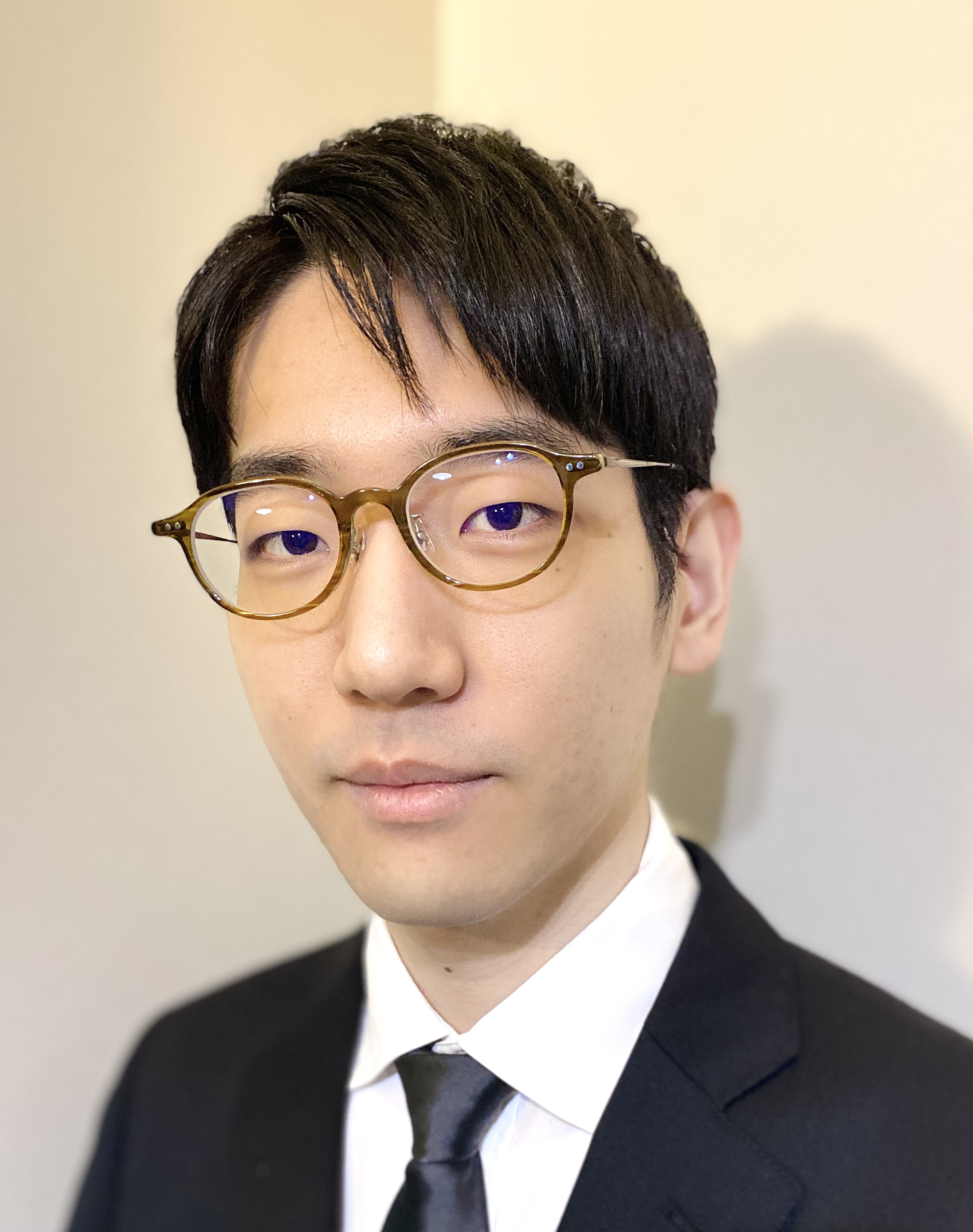
BANCHI Yoshihiro Assistant Professor, Doctor of Engineering
2018 MA in the Department of Intermedia Art and Science, Waseda University
2018 Research Associate, Department of Intermedia Art and Science, Waseda University
2020 Ph.D in the Department of Intermedia Art and Science, Waseda University
2020 Assistant Professor, Department of Intermedia Art and Science, Waseda University
2021 Guest Junior Researcher, Waseda Research Institute for Science and Engineering
2022 Assistant Professor, Department of Intermedia Art and Science, Waseda University
There is a lot of "human data". I research human behavior that is subjective-objectively, conscious-unconsciously expressed in human factors and ergonomics and data science methods, particularly interested in the advanced system. I am seeking out what human data represents as the "real world".


